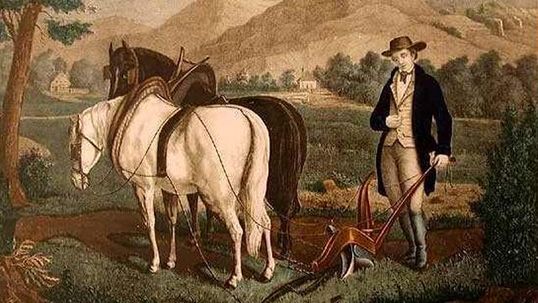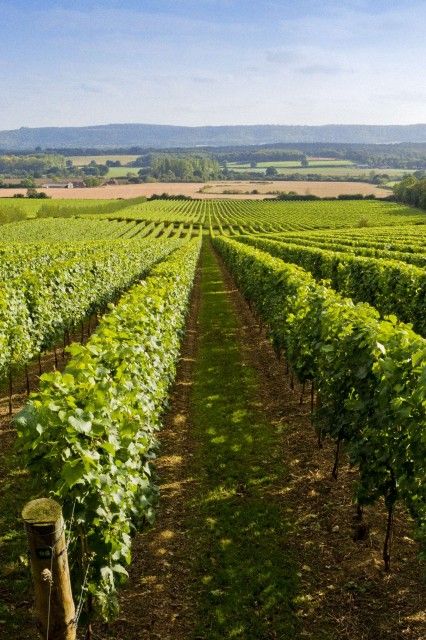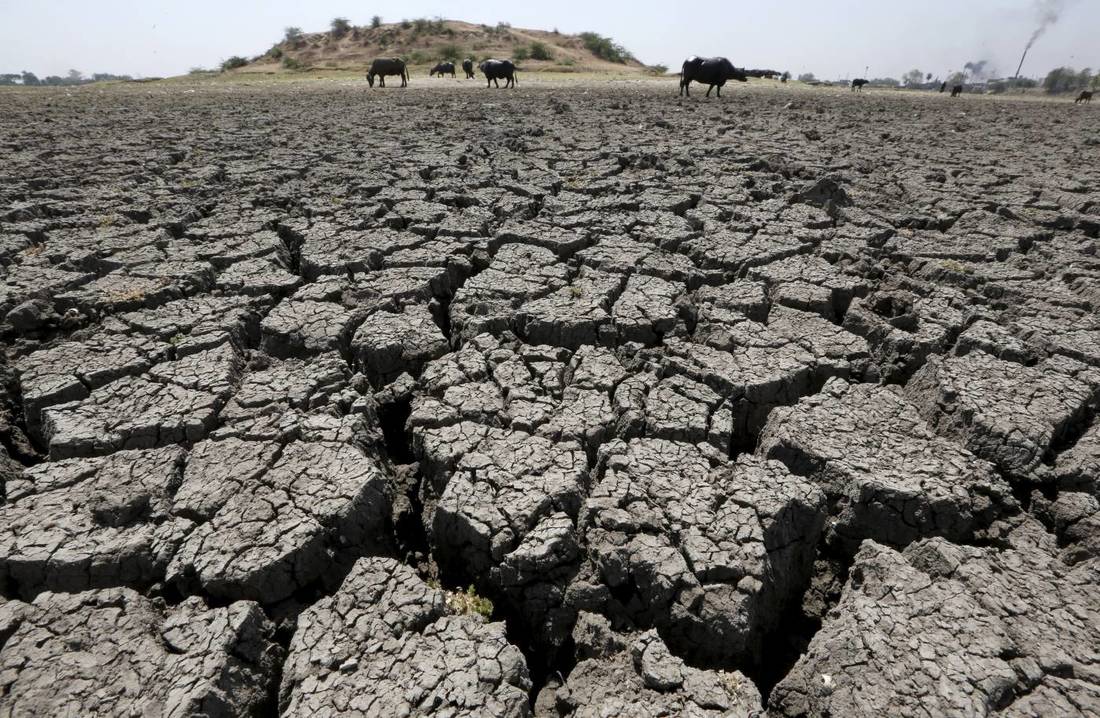
Yet another English estate, in this case Her Majesty the Queen’s seven acres of vines, in Windsor Great Park, is producing sparkling wine. The vines, planted in 2011, first produced grapes in 2013 which have now been fermented, blended and aged at Ridgeview Wine Estate, Ditchling, in East Sussex.
Tamara Roberts the daughter of the late Mike Roberts a founding father of 20th Century vineyards in Sussex, is chief executive of Ridgeview which supplies some of the world’s top 50 restaurants, including in Sydney and New York. Ridgeview has received numerous awards, including Best English Sparkling Wine and Best English producer, as well as many Gold and Silver national and international medals. Tamara said, “The Windsor grapes are very good, and this is a superb example of a top quality English sparkling wine.”
Today, it is hard to find a route to drive through the highways and byways of Southern England where you will not come across acres of beautifully tended vines. They are popping up everywhere, as land owners seek to branch out into new ventures of diversification. No doubt in the hope that they will produce a quality product which will satisfy the apparently insatiable thirst for sparkling English wine.
The quality of wine produced from these vineyards varies hugely, and there are those concerned that the ever growing acreage could in due course, saturate the demand. However, I am sure that all those embarking upon a wine producing enterprise, whether as a career or as a retirement project, will if they have attended Plumpton College, the UK’s centre for excellence, for courses in viticulture and Oenology, will be well prepared and armed with the very best of skills.
Getting back to Robbie Burns, who as well as being national poet of Scotland, was also a farmer which is why he was known as ‘the ploughman poet’. He spent his relatively short life sometime farming, not very well, and writing poetry and books which he did exceptionally well. He had a very chaotic love life, fathering over a dozen children, both in and outside wedlock, many of which did not survive.
Robbie Burns is regarded as a ‘great romantic’, and amongst his wonderful works he wrote the lyrics, in 1788, to Auld Lang Syne. Set to the tune of the traditional folk song, it is recognised and sung across the world.
This week his Birthday will be celebrated at many a Burns supper, when his poems are spoken, and traditional haggis, neeps and tatties, accompanied by ceremonial pipes, sharp knives and of course great quantities of Scottish whiskey are consumed. Robbie, Scotland’s answer to our William Shakespeare is certainly someone that Scotland really can be proud of.
2016 was apparently the ‘hottest’ year since sometime in the 19th Century. I think 2017 will be rated quite differently, as the year has begun significantly colder and drier.
This January we have experienced freezing weather, with clear skies and hard frosts night after night, resulting in inches of thick ice on water troughs requiring breaking each morning. If this goes on much longer, and we must hope it does, for it is exactly what Mother Nature intended at this time of year. Many plants need a spell with low temperatures, and bugs which survived last winter’s mild and wet weather, will hopefully be exterminated.
Lady Bird books are a traditional, novel and uncomplicated way to put out a message, but I am not convinced that just by making a message appear simple, necessarily makes it the right message.



 RSS Feed
RSS Feed